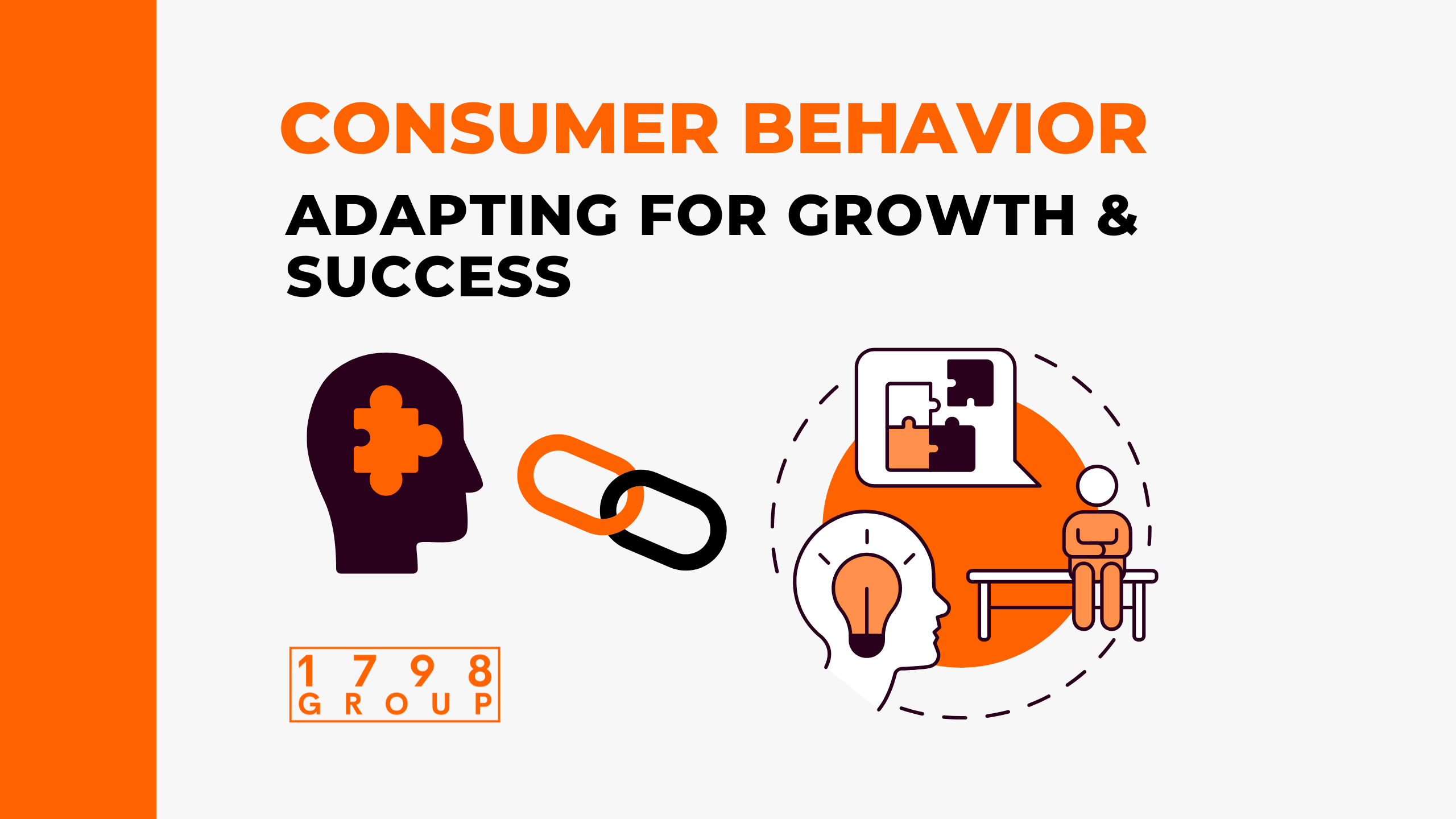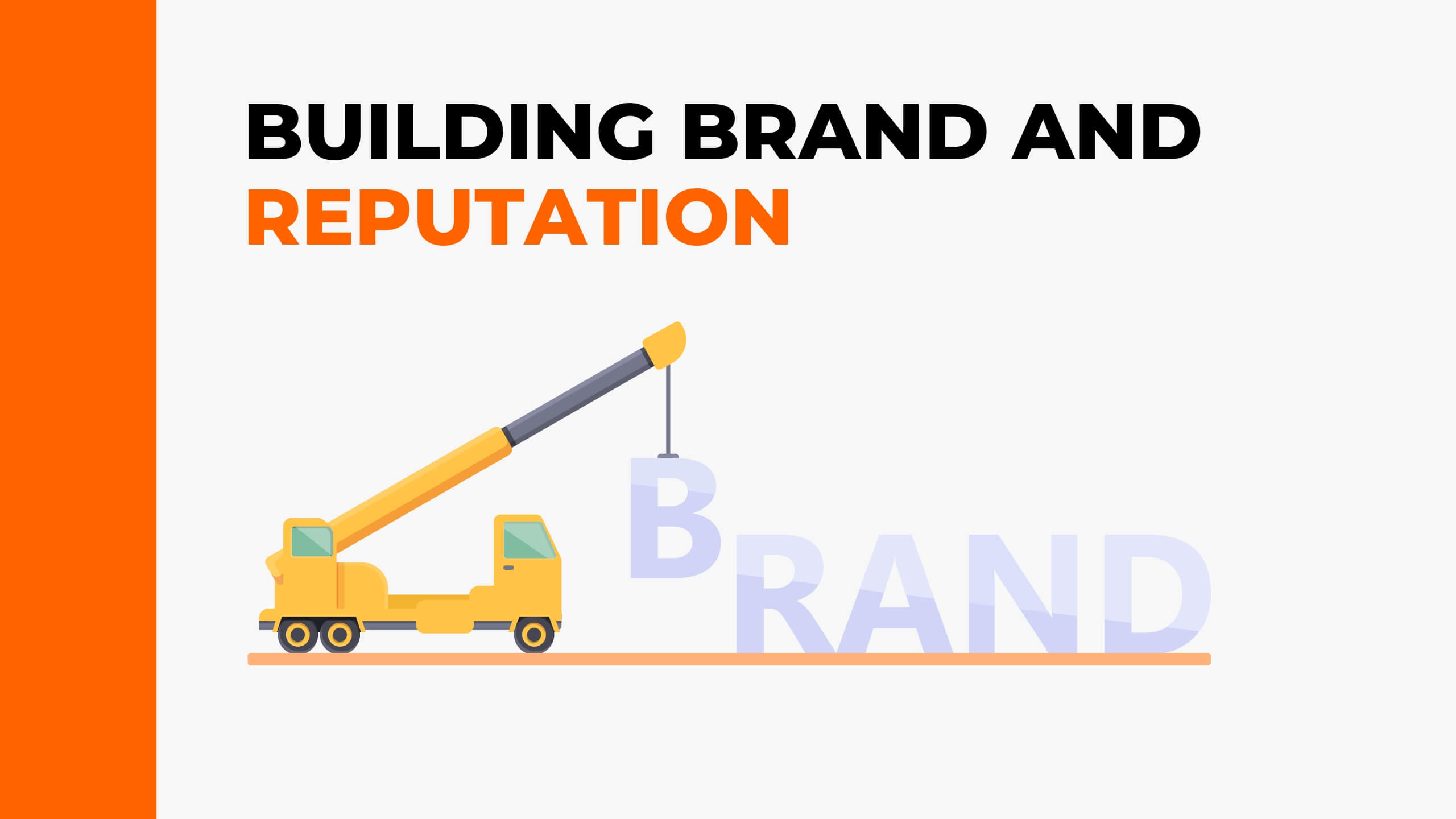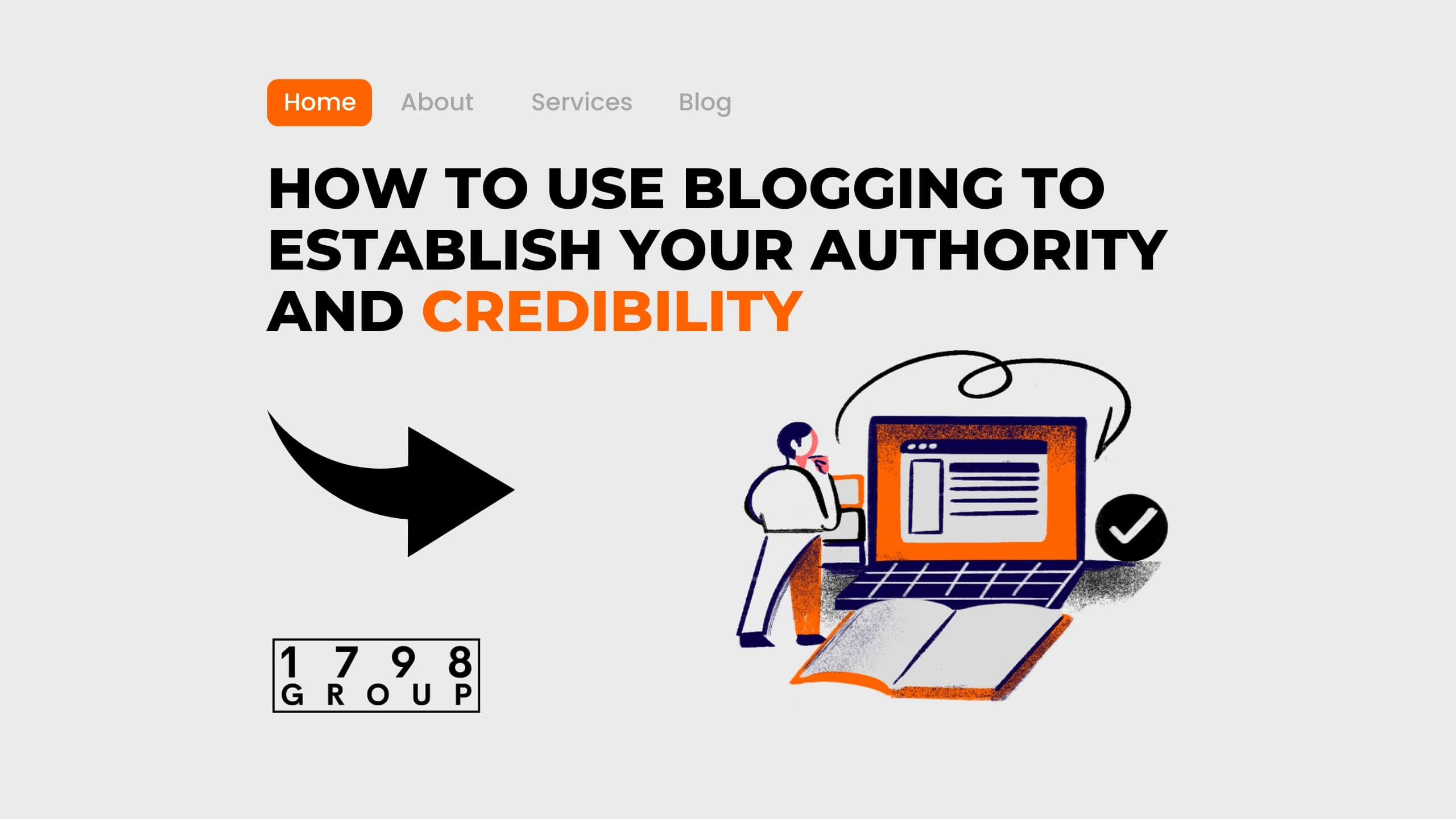
In today’s dynamic business environment, keeping pace with consumer behaviors is not just advantageous—it’s crucial. As the marketplace continues to evolve at a breakneck speed, businesses need to understand and adapt to the changing preferences of their consumers. This blog post will delve into the importance of understanding consumer behavior, outlining a strategic approach for businesses to successfully adapt to these changes and ensure sustained growth.
The Significance of Understanding Consumer Behavior
At the heart of every business strategy should be an understanding of consumer behavior, a multidimensional concept that encompasses all actions taken by consumers as they interact with products or services. This interaction includes everything from the initial attraction to a product, to the decision-making process, and the final purchase.
It’s like a puzzle that businesses must solve. What are the influencing factors that drive consumers towards a product or service? Is it their personal preferences, societal trends, current economic conditions, or the impact of technological advancements? By unlocking the answers to these questions, businesses can devise more effective strategies to meet the ever-evolving needs of consumers and thereby gain a competitive edge.
Amazon, the global e-commerce giant, provides an exemplary illustration of this concept in action. Their recommendation system, built on a foundation of predictive analytics, constantly analyzes past purchases and browsing history. This, in turn, enables Amazon to suggest products that a consumer is likely to be interested in, enhancing the customer’s shopping experience and driving increased sales.
Adapting to Consumer Behavior: A Comprehensive Strategic Approach
Adapting to consumer behavior requires more than just understanding what consumers want. It involves a strategic, systematic approach encompassing a deep understanding of consumer needs, the ability to predict future trends, and a readiness to continually tweak business strategies in response to these insights.
Conduct Regular and Comprehensive Market Research
The first step towards adapting to consumer behavior is regular and comprehensive market research. This involves employing a variety of methods—surveys, interviews, focus groups—to delve into the nuances of consumer preferences, needs, and desires. Market research is an invaluable tool for businesses, allowing them to tailor their offerings and marketing strategies in ways that resonate most strongly with their target audience.
McDonald’s, one of the world’s largest fast-food chains, provides an excellent case study in market research. Through careful study of local tastes and preferences across different regions, they’ve been able to curate menus that cater specifically to local tastes—such as the Maharaja Mac in India and the Ebi-Fillet-O in Japan—ensuring their global success.
Harness the Power of Data Analysis and Predictive Analytics
As businesses become more digitally enabled, the amount of data available for analysis has exploded. Data analysis and predictive analytics are therefore essential tools that enable businesses to track trends and anticipate future consumer behavior. By examining historical sales data, customer reviews, and social media trends, businesses can identify patterns in consumer behavior. These insights can then be used to inform strategies and predict future consumer needs, enabling proactive rather than reactive responses.
A prime example of this is Netflix, the global streaming giant. Netflix leverages predictive analytics to analyze user viewing patterns and preferences. The data gathered not only informs the recommendation algorithm, enhancing user experience through personalized suggestions but also plays a crucial role in decision-making around the production of original content.
Build Strong Customer Relationships
The importance of fostering strong customer relationships cannot be overstated when it comes to adapting to consumer behavior. Businesses can gain first-hand insights into consumer needs and preferences by maintaining a close relationship with them. Furthermore, these relationships can be leveraged to create brand loyalty, which is a potent tool for encouraging repeat business.
Starbucks, the globally recognized coffee chain, excels in this arena through its renowned loyalty program. By offering perks such as free drinks, exclusive offers, and early access to new products, Starbucks not only incentivizes repeat business but also collects valuable data on customer purchasing habits. This data is then used to understand their customers’ preferences and tailor their offerings and marketing strategies accordingly.
Maintain Agility and Openness to Change
The world of business is marked by constant change and evolution, making agility and openness to change a crucial part of any strategy. As consumer behaviors shift, businesses must be prepared to pivot their strategies accordingly. This could mean introducing new products or services, entering new markets, or modifying marketing strategies to better align with consumer preferences.
A classic example of this agility is Apple’s transformation from a company focused primarily on computers to a multifaceted consumer electronics powerhouse. By recognizing the growing consumer demand for mobile devices, Apple made a bold move with the launch of the iPhone. This game-changing innovation not only reshaped the trajectory of their business but also revolutionized the entire tech industry.
Leverage Technology for Personalization
Personalization is a key differentiator in today’s competitive marketplace. Consumers increasingly expect experiences tailored to their individual preferences. Technology, especially AI and machine learning, enables businesses to provide personalized experiences at scale. For instance, Spotify’s personalized playlists or Zara’s AI-powered personal shopping assistants have been instrumental in boosting customer engagement and loyalty.
Prioritize Sustainable and Ethical Practices
A growing trend in consumer behavior is the heightened concern for sustainability and ethical practices. Businesses that adopt and showcase such practices not only build a positive brand image but also attract a consumer base that values these principles. Patagonia, the outdoor clothing company, is renowned for its commitment to sustainability, even going so far as to encourage repairs of their products instead of replacements, demonstrating that responsible business practices can indeed align with consumer behavior.
Stay Alert, Stay Ahead
Adapting to consumer behavior is a continuous process that necessitates commitment, deep market understanding, and flexibility. Actively engaging with consumers, analyzing data for insights, fostering strong customer relationships, maintaining an agile mindset, leveraging technology, and emphasizing ethical practices are strategic approaches businesses can adopt.
By investing time and effort in understanding your consumers, your business can not only cater to their current needs but also anticipate and prepare for their future demands. This can help drive growth, sustain competitive advantage, and ensure success in the volatile and ever-evolving business landscape. The key lies in keeping your finger on the pulse of consumer behavior, listening to their voices, and adapting to their changing rhythms with strategic finesse. Remember, in today’s consumer-driven world, the businesses that adapt are the ones that thrive.



